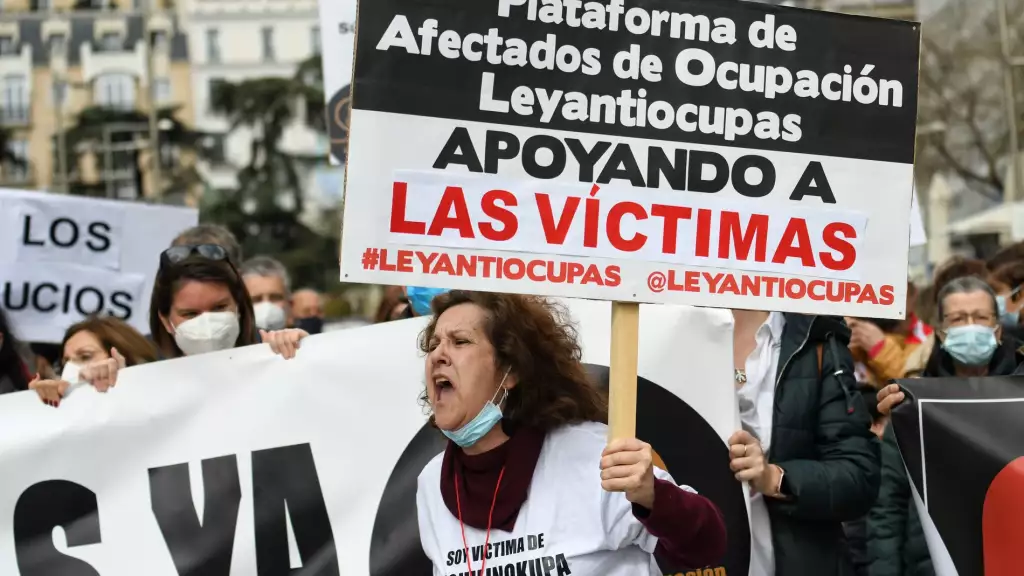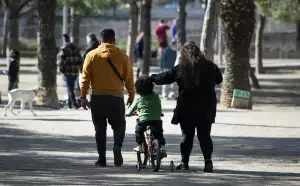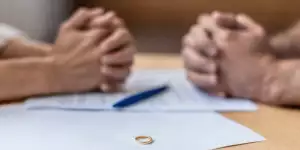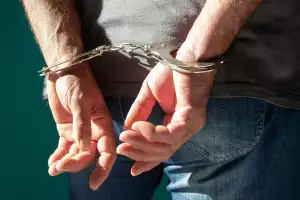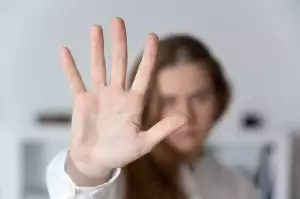Squatting -legally known as usurpation of real estate-is a growing concern in Spain, especially in large cities such as Barcelona or Madrid. If you are faced with a squatting situation, it is key to act quickly and within the legal framework. In this article we explain what the law says, how it differs from trespassing and what steps you should take to recover your property.
What is the crime of usurpation?
Article 245 of the Penal Code regulates the crime of usurpation of real estate. This crime is committed when a person occupies real estate without the authorization of the legitimate owner, and is classified in two modalities:
Violent encroachment
- It occurs when the property is accessed with violence or intimidation of persons.
- Penalty: imprisonment of 1 to 2 years, plus the corresponding penalties for violent acts.
- Since the reform of the Criminal Procedure Law in 2025, it is processed by speedy trial.
Peaceful encroachment
- It occurs when the occupation is carried out without violence, but without the owner’s authorization.
- Penalty: fine of 3 to 6 months.
- It is considered a misdemeanor, which complicates prompt eviction.
🔎 Novelty 2025: The joint instruction of the State Attorney General’s Office and the Ministry of the Interior (Instruction 3/2025) allows the Security Forces and Corps to directly evict usurped properties when they do not constitute a dwelling and there is clear identification of the occupants.
What type of property can be usurped?
Encroachment is only criminally punishable if the property has minimum conditions of habitability or residential value.
It is not considered a crime if it affects:
- Ruins or buildings in a state of abandonment.
- Rustic land without enclosure or usual use.
- Real estate with prior permission or with the owner’s tolerance.
Difference between usurpation and trespassing
It is essential to distinguish between the two offenses, as the penalties and legal treatment are very different:
| Concept | Usurpation | Breaking and entering |
| Property | Second residence, premises, vacant dwelling | Usual residence (even if temporarily vacant) |
| Legal protection | Property rights | Right to privacy |
| Penalty | Fine (misdemeanor) or imprisonment if violence is involved | Imprisonment from 6 months to 2 years (or up to 4 years if violence is involved) |
| Procedure | Misdemeanor or speedy trial | Ordinary criminal procedure |
Common pitfalls in encroachment proceedings
Despite regulatory advances, owners often face a number of problems:
Identification of occupants
Without knowing the identity of the usurpers, criminal proceedings cannot be initiated. The police must intervene and draw up a report.
Proof of ownership
You must provide documentary evidence of your right to the property:
- Notarial deeds
- Land Registry Certificate
- Utility bills in your name
Social Services Intervention
If there are minors, vulnerable people or people at risk of exclusion, the eviction may be paralyzed or delayed.
Absence of precautionary measures
The judge may not order immediate eviction if he does not consider it urgent or justified.
Never act on your own
Cutting off supplies, changing locks or forcing eviction may constitute a crime of coercion (art. 172 CP).
What to do if your house has been occupied?
Here is a quick guide with the steps you must legally follow:
- Immediate report to the National Police, Guardia Civil or Mossos d’Esquadra.
- Do not take direct action. Do not change the lock or cut off supplies.
- Provide proof of ownership (deeds, IBI, receipts).
- Ask for a specialized criminal lawyer, who will handle the complaint, request precautionary measures and accompany you in the process.
- Consider a civil action or eviction lawsuit if the criminal proceeding does not move forward or the property has no clear housing value.
Is it possible to repossess an occupied dwelling without a trial?
Yes, but with conditions. If the property is not a dwelling, Article 553 of the Criminal Procedure Law allows immediate administrative eviction provided that:
- The occupants are identified.
- Documentary proof of ownership is provided.
- There are no minors or vulnerable persons.
The police may act directly without judicial authorization if these requirements are met.
Conclusion: How to protect your property against occupations?
Facing a squat can be frustrating, but acting with legal knowledge and speed makes all the difference.
✅ Report as soon as possible
✅ Gather all documentation
✅ Do not give in to provocations or make decisions on your own
✅ Seek professional advice.
At Martínez & Caballero Abogados we offer you a comprehensive legal service to recover your home legally, safely and without criminal risks.
📞 Contact us and defend your rights as an owner.
Sara Gabernet
Lawyer Expert in Criminal Law
M&CAbogados

